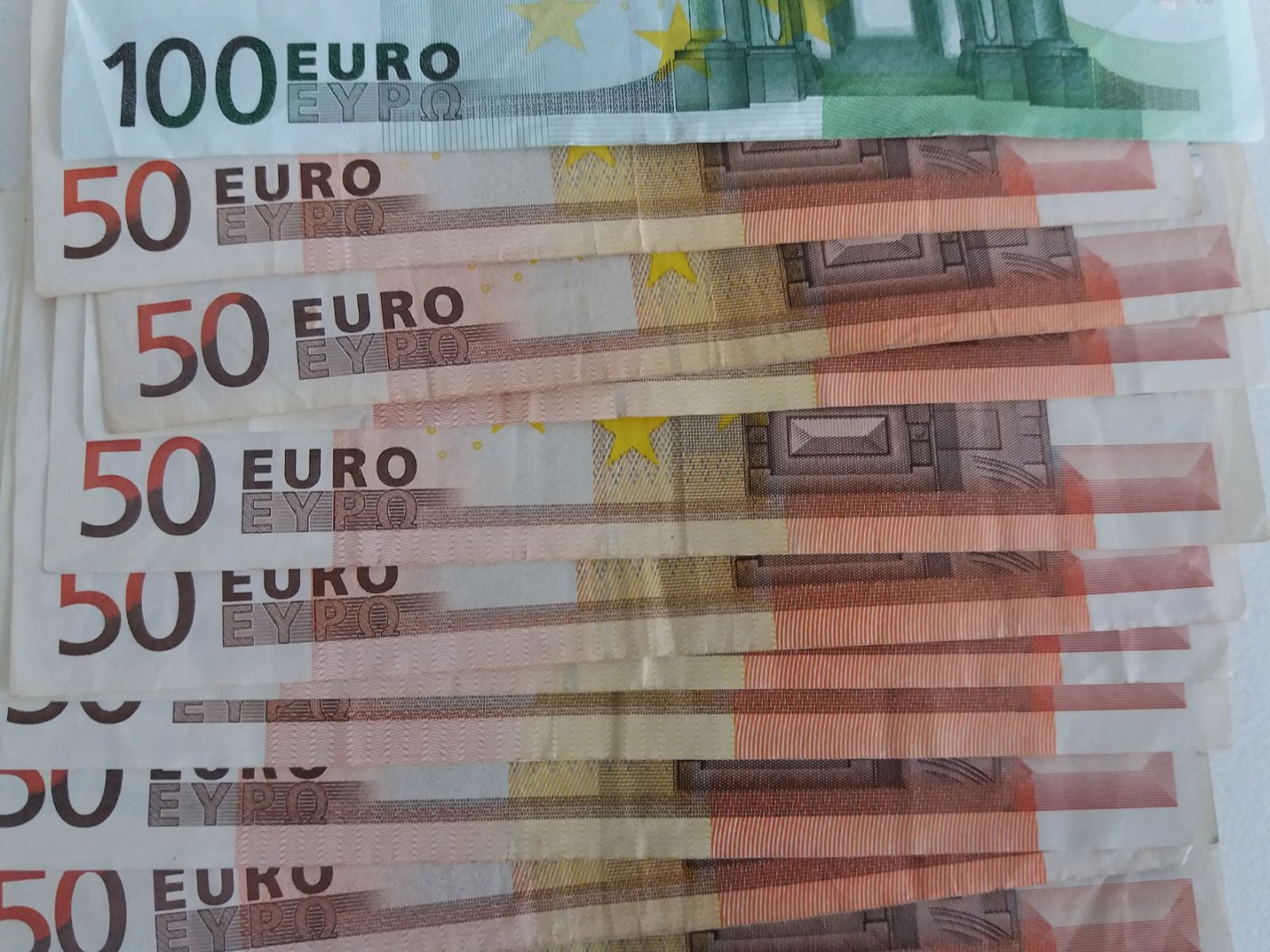To limit the inflow, TU Delft wants to significantly increase the tuition fees for students outside the European Union. The Student Council is critical.
If it were up to the Executive Board, new students from outside the European Union will have to pay EUR 14,500 per year for their bachelor’s course. This is an increase of 40% compared to the current fee. For master’s, it will be an increase of 20%, to EUR 18,750.
For TU Delft, this will limit the inflow of high numbers of students, but during a meeting with the Student Council, the Executive Board stated that it would not be a permanent solution. The argument for the new amounts is that TU Delft charges this group relatively low tuition fees compared to other universities. Furthermore, TU Delft’s government funding is too low.
The Student Council wondered if other options had been considered and if international students are having to pay for budget shortfalls. The Student Council does not find the comparison with other universities a strong argument. Executive Board member Rob Mudde said that legally there are few other options and that high quality education costs money. “This is simply what it costs.”
The students wanted to know if there are any permanent solutions that do not only affect a small group. According to Mudde, this is not the case. He pointed to a study done by the Center for Higher Education Policy Studies on new funding of tertiary education (in Dutch). “It states that we get too little money. We cannot do much more than keep saying this to the Minister.”
The Student Council considers the increase in tuition fees extreme. It will turn TU Delft from one of the cheapest universities into one of the most expensive. Only financially privileged students will be able to come to TU Delft. Mudde agreed that this is the case.
Do you have a question or comment about this article?
c.j.c.vanuffelen@tudelft.nl


Comments are closed.